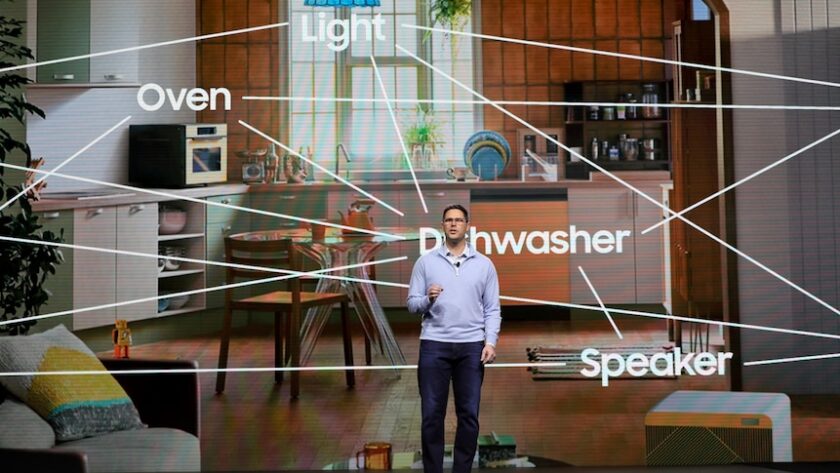A new standard backed by Apple, Amazon, Google, LG and Samsung for connecting smart home bias is sloped to unleash pent- up demand for internet of effects bias in Australian homes, according to new exploration.
The standard, known as Matter, was espoused by further than 500 of the world’s largest consumer electronics manufacturers and integrators in October, and it looks set to break two of the major issues that have been discouraging Australians from buying smart home bias – cybersecurity and interoperability – according to exploration from the critic outfit Telsyte.
Further than half( 51 per cent) of the Australians surveyed for Telsyte’s AustralianIoT@Home Market Study said they would be more likely to buy smart home bias knowing they would be compatible with other connected bias on different platforms.
For Australians who have formerly bought smart bias, that figure increased to 61 per cent, the study set up, suggesting that householders were formerly frustrated by how their bias refuse to talk to each other, Telsyte managing director Foad Fadaghi said.
also, 65 per cent of those surveyed said it was important that ménage smart bias were easy to set up, and that they came with better comity, strong security and centralised control – all of which the Matter standard pledges to break.
This request has been held back through the lack of assiduity norms, creating an terrain where consumers are locked into product ecosystems. It simply does n’t work, because of the sheer breadth of products that are involved in the smart home, ” Mr Fadaghi told The Australian Financial Review.With Apple being one of the core members of the Matter body, it should accelerate the request tremendously, ” he said.
The value of the Australian request for IoT bias is anticipated to grow by 20 per cent in 2022, compared to 2021, Telsyte’s study set up, reaching deals of$2.1 billion by time’s end.
But, at least some of that growth was coming from affectation rather than further Australians introducing smart bias to their homes. Inversely, another growth motorist was the addition of smart technology into more precious particulars similar as TVs, fridges and washing machines, Mr Fadaghi said.
utmost Matter-compatible bias won’t hit the request until 2023 and for numerous bias, the move to Matter wo n’t be a simple firmware upgrade, rather people will need to buy new bias.
Nanoleaf, one of the world’s largest makers of smart point lights, said it would have the first Matter-compatible smart lights in early 2023, but being lights which formerly supported numerous of the technologies used in the Matter standard, similar as the Bluetooth LE, WiFi and Thread wireless dispatches protocols, would not be convertible to Matter through a firmware update.
Amazon, which helped introduce the idea of smart bias in 2014 when it released the first Echo smart speakers, said it would be suitable to build 17 of its being IoT bias with Matter by the end of this time for Android druggies, with support of Apple druggies shifting their Amazon bias across to Matter beforehand in 2023.
Google has said numerous being Nest products, similar as the Nest WiFi Pro router and the Nest Hub Max smart screen, will be suitable to act as Matter regulators, so householders can control other Matter bias from a single place.Apple’s HomePod and HomePod mini smart speakers have formerly been streamlined to Matter via a firmware update.




